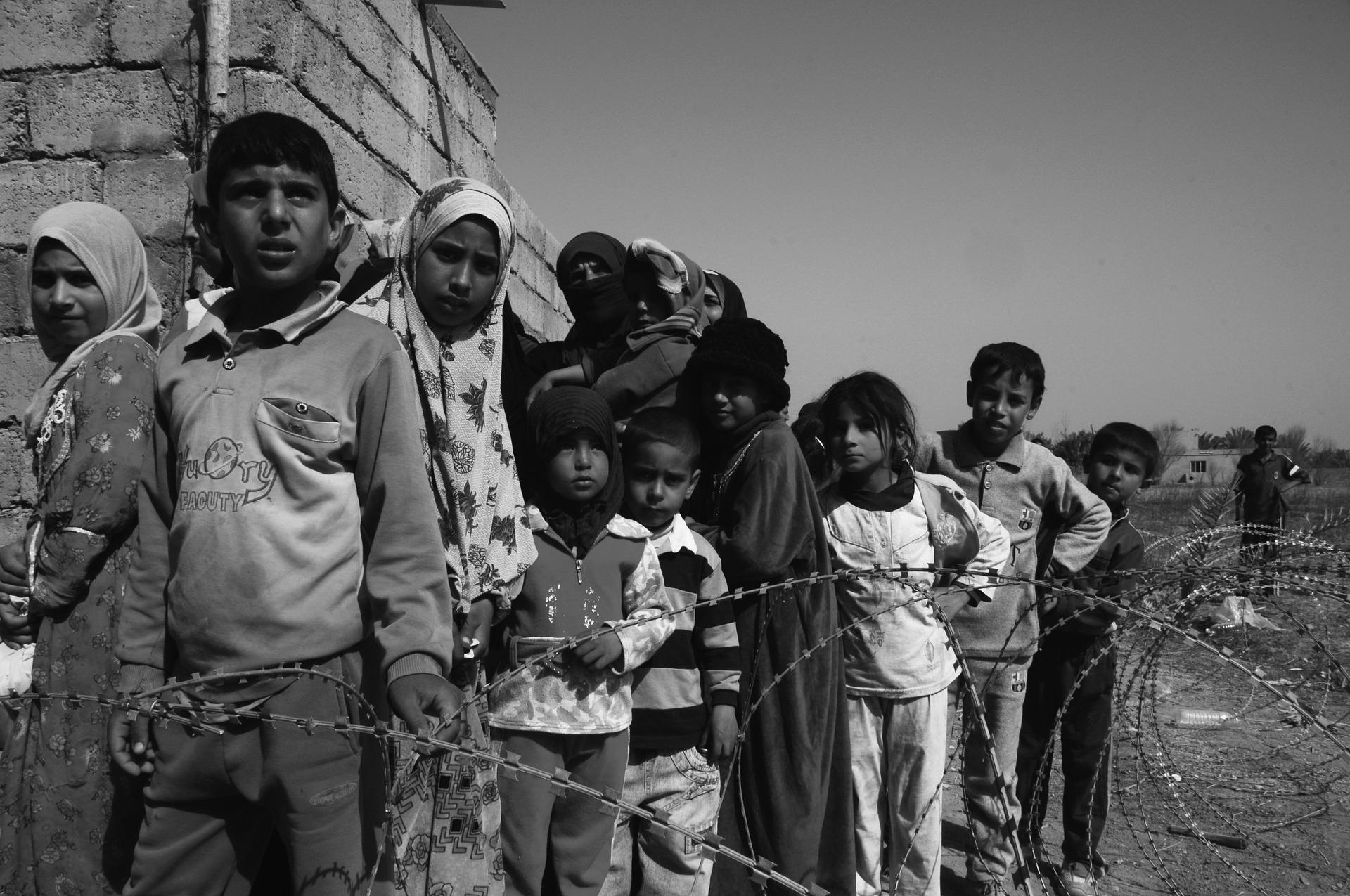Economic restrictions after coup in Niger exacerbate humanitarian crisis
(MENAFN) Hamsa Diakite and her family of eight are facing dire circumstances, struggling to afford basic necessities and sustenance in Niger, one of the world's poorest nations. Hamsa used to provide for her family by selling fried bread until a coup in Niger three months ago led to the imposition of economic sanctions on the West African country. These sanctions, a response to the coup, have had a crippling effect on the country's economy, squeezing the incomes of millions and leaving them without the aid they depend on.
The political upheaval in Niger occurred when elite soldiers ousted the democratically elected President Mohamed Bazoum on July 26. In response, the country faced economic sanctions from various entities, including West Africa's regional bloc, ECOWAS, as well as Western and European countries, such as the United States, which had been providing aid for health, security, and infrastructure needs. As a result of these sanctions, neighbors of Niger closed their borders, and over 70 percent of the country's electricity, supplied by Nigeria, was cut off when financial transactions with West African nations were suspended. Furthermore, Niger's assets held in external banks were frozen, and hundreds of millions of dollars in aid were withheld.
These sanctions, among the most severe imposed by the regional bloc, aimed to curb the recurrence of coups in Africa's volatile Sahel region but have had a limited or even adverse impact on the junta's ambitions. Instead, the sanctions have taken a heavy toll on Niger's more than 25 million inhabitants.
Louise Aubin, the United Nations resident coordinator in Niger, reported that the country is rapidly running out of funding, essential medicines, and food. The junta has accused the United Nations of blocking Niger's participation in its activities and subsequently ordered Aubin to leave the country. However, the U.N. has not yet commented on these allegations. Aubin did note that there have been "positive responses" from Niger's neighboring countries regarding the possibility of reopening borders to create a humanitarian corridor, although specific details were not provided.
The political upheaval in Niger occurred when elite soldiers ousted the democratically elected President Mohamed Bazoum on July 26. In response, the country faced economic sanctions from various entities, including West Africa's regional bloc, ECOWAS, as well as Western and European countries, such as the United States, which had been providing aid for health, security, and infrastructure needs. As a result of these sanctions, neighbors of Niger closed their borders, and over 70 percent of the country's electricity, supplied by Nigeria, was cut off when financial transactions with West African nations were suspended. Furthermore, Niger's assets held in external banks were frozen, and hundreds of millions of dollars in aid were withheld.
These sanctions, among the most severe imposed by the regional bloc, aimed to curb the recurrence of coups in Africa's volatile Sahel region but have had a limited or even adverse impact on the junta's ambitions. Instead, the sanctions have taken a heavy toll on Niger's more than 25 million inhabitants.
Louise Aubin, the United Nations resident coordinator in Niger, reported that the country is rapidly running out of funding, essential medicines, and food. The junta has accused the United Nations of blocking Niger's participation in its activities and subsequently ordered Aubin to leave the country. However, the U.N. has not yet commented on these allegations. Aubin did note that there have been "positive responses" from Niger's neighboring countries regarding the possibility of reopening borders to create a humanitarian corridor, although specific details were not provided.

Legal Disclaimer:
MENAFN provides the
information “as is” without warranty of any kind. We do not accept
any responsibility or liability for the accuracy, content, images,
videos, licenses, completeness, legality, or reliability of the information
contained in this article. If you have any complaints or copyright
issues related to this article, kindly contact the provider above.
Most popular stories
Market Research

- Invromining Expands AI Quant Infrastructure To Broaden Access To Digital Asset Strategies
- BTCC Summer Festival 2025 Unites Japan's Web3 Community
- Argentina Real Estate Market Size, Growth, Trends & Outlook 2033
- United States Animal Health Market Size, Industry Trends, Share, Growth And Report 2025-2033
- Fitness App Market Is Expected To Reach USD 18.16 Billion By 2033 At CAGR 22.51%
- Latin America Mobile Payment Market To Hit USD 1,688.0 Billion By 2033






















Comments
No comment